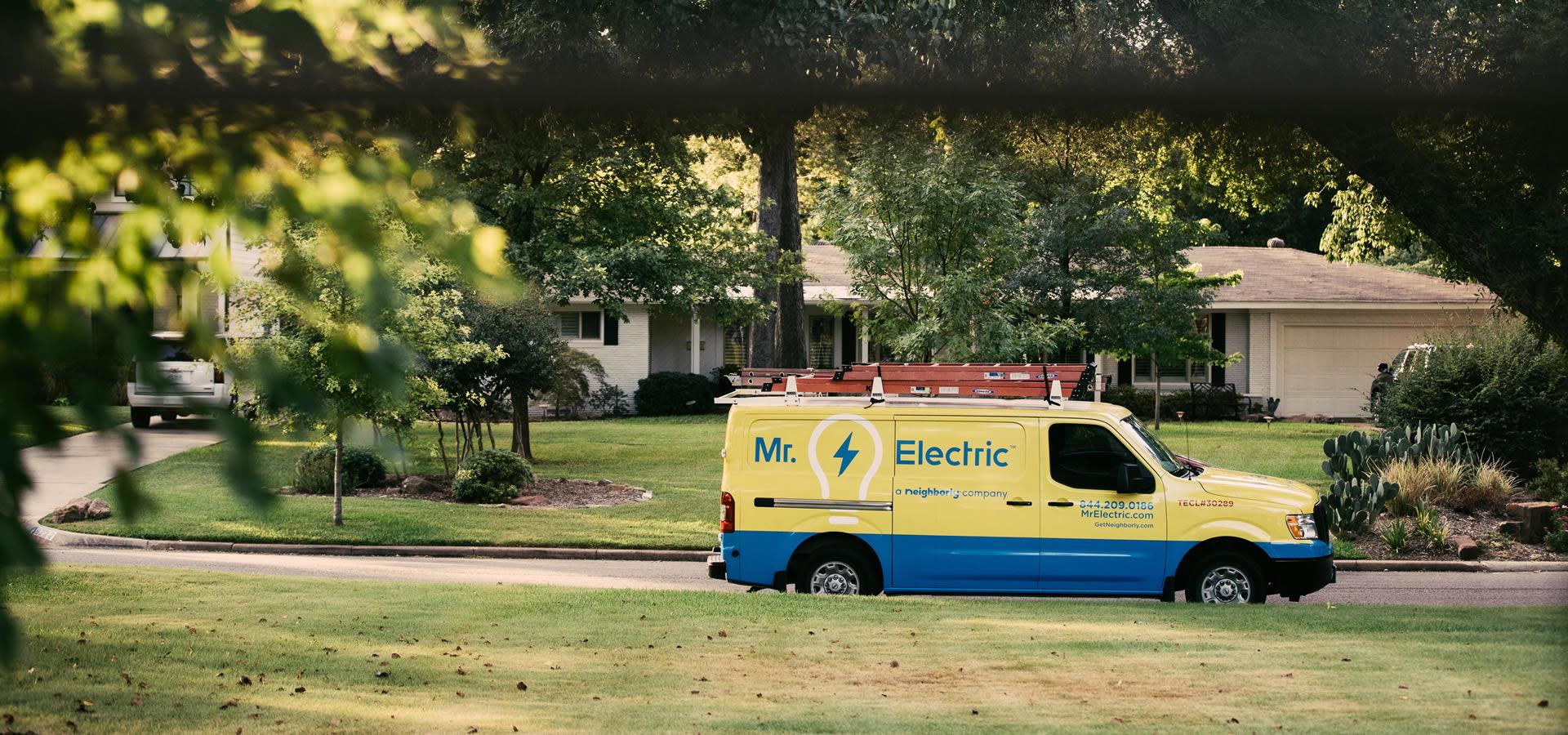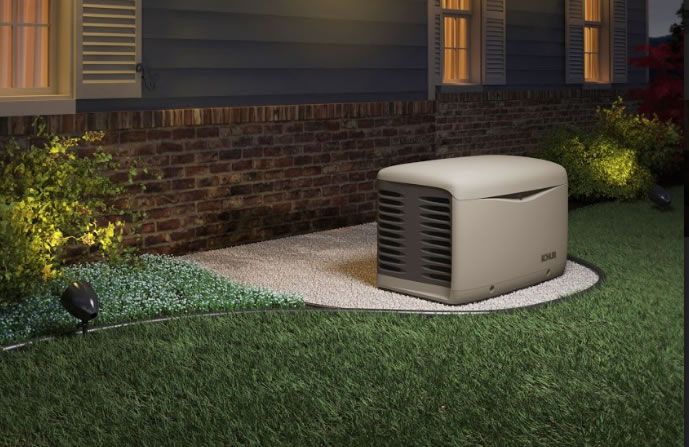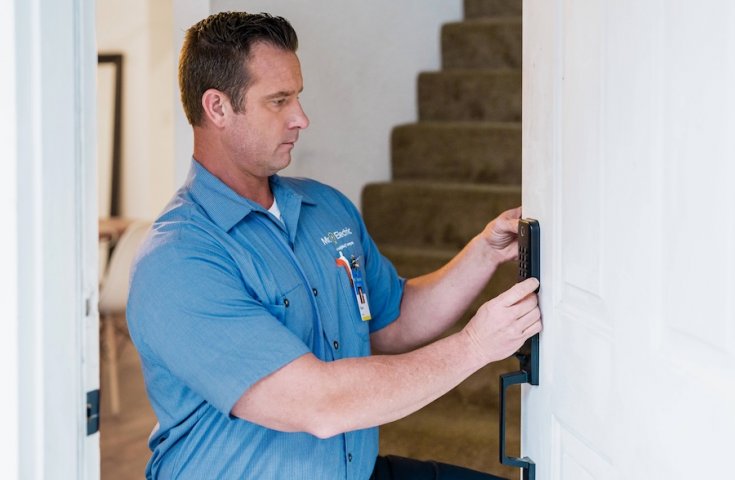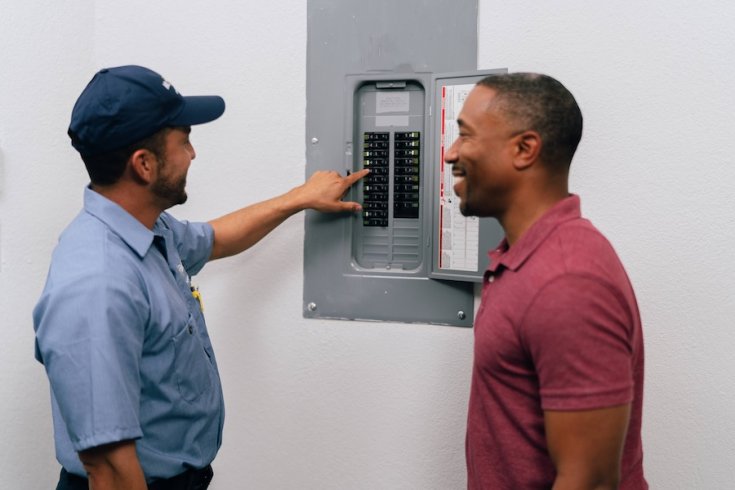How to Choose the Right Size Generator
Unplanned power outages can literally put your life on hold. When a power outage lasts for days, your home can become uninhabitable. For commercial businesses, power outages can lead to revenue loss, decreased productivity, and supply chain ripples. Investing in a generator is your best bet when it comes to tackling power outages. However, choosing the right generator for your home or commercial use can be daunting.
When it comes to generator installation, the common question homeowners and business owners ask themselves is: what size generator do I need? Installing the correct-size generator is important to avoid overloading an undersized unit or wasting money on a generator that is too big. At Mr. Electric, we specialize in generator installation, so we understand what goes into choosing the right generator for your needs without overspending.
List of Items That Will Be Powered
The first step is to list all the essential appliances you have to run during a power outage. This could just be the essentials such as refrigerators, AC unit, medical equipment, or it could be all the electrical devices in your home or business. After you make a list of all items that will be powered during an outage, write down the wattage it takes to run each of those appliances. Since generator sizing is based on watts, you need to make sure the generator you install is powerful enough to run all the appliances you want to power. If your generator is too small, you’ll experience a wide range of issues, such as unreliable power and generator damage. On the other hand, installing a generator that is too large may cause damage to your electrical systems and appliances and create unnecessary operational expenses.
Understand the Different Types of Wattage
To determine what size generator you need, it’s important to understand running wattage and starting wattage.
Running wattage refers to the wattage needed to keep a device running. The running wattage of most appliances is listed on the label. Starting wattage refers to the wattage needed to get a device running. In other words, it is the amount of power a device needs to start up. It is much higher than the running wattage. Your generator must be able to handle the starting wattage of all the appliances you want to run. A competent electrician will calculate the starting and running wattage of all the items you want to run and determine the ideal wattage capacity of your generator. It is advisable to choose a generator slightly bigger than your requirements.
Call Mr. Electric for Residential and Commercial Generator Installation
If you need a professional electrician to help you choose and install the right size generator for your home or business, contact Mr. Electric. Our team of knowledgeable and experienced electricians has the skills and equipment to safely install all types of generators, including portable generators and standby generators. Apart from generator installation, we provide generator repair & maintenance and many other electrical services for residential and commercial properties.







